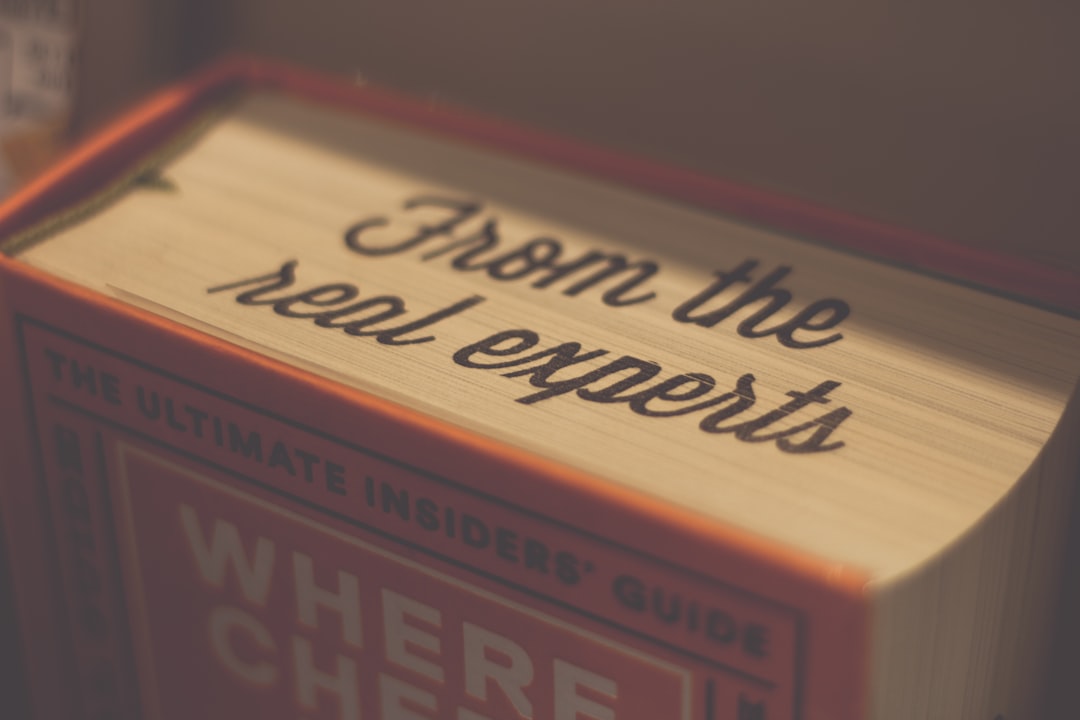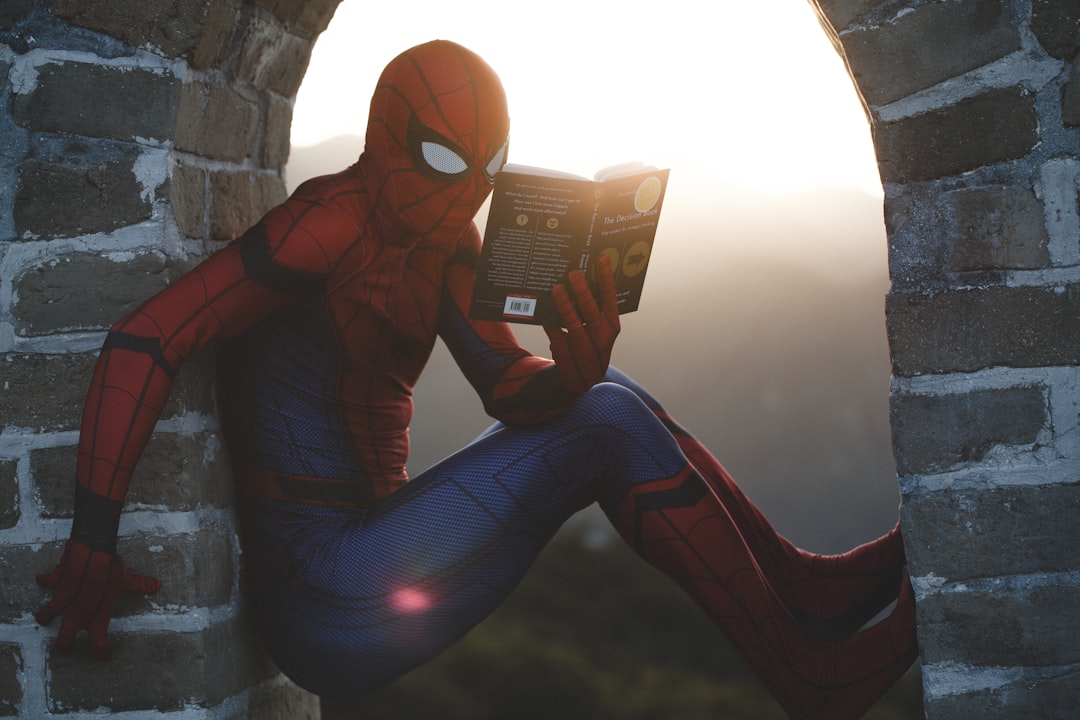“The more that you read, the more things you will know. The more that you learn, the more places you’ll go.”
-Dr. Suess
Here I go, posting the February 2021 Reading List, and harping about the importance of reading again.

Yep, I’m going to rattle off some statistics, in a bit, too.
I LOVE ME SOME STATS!
I’m a dork.
I’ll have you know that owning my dorkiness is actually one of my more endearing qualities.
Before I get too harpy, how about we come up with some simplified clarifications?
Guess What?

Reading isn’t defined as only reading books.
You may be thinking, “Oh, now you tell us,” but deep down, you already knew that.
Read magazines, articles on Facebook or LinkedIn, story-time books to your kids every night, online news articles or stories, comic books — you get the gist.
Just READ every day.

We’re not setting any required time limits.
This isn’t homework.
READ TEN PAGES A DAY, EVERY DAY.

Do that, and you’ll read about 8-15 books a year.

Imagine what you could learn, how your personal perspective and philosophy may change and the worlds of wonder that you could visit…
Did you know…?

If you read about one particular topic, for just one hour each day, every day, for seven years, you’d be considered a worldwide subject matter expert on whatever that particular topic was.
Cha-Freakin’-Ching!
Whatever your interests, hobbies or habits may be, find some written words — somewhere, anywhere — about those topics and read every day.

You’ll be amazed at how quickly you read ten pages. Hell, you may want to go crazy and read 14 pages!
Knock yourself out!
Here are those stats I promised:
- Currently, 45 million Americans are functionally illiterate and cannot read above a fifth-grade level
- 50% of adults cannot read a book written at an eighth-grade level
- 1/3 of fourth-graders reach the proficient reading level
- 85% of juvenile offenders have problems reading
- 3 out of 5 people in American prisons can’t read
- 3 out of 4 people on welfare can’t read

None of that is good news. Not one bit.
Which brings us to some POSITIVE reading stats:

- The number of books in the home correlates significantly with higher reading scores for children.
- Reading helps prevent age-related cognitive decline
- The act of reading actually strengthens your brain
- It prepares you for a good night’s rest
- Studies indicate that reading may even help you live longer
So what should you be reading?
That’s easy:

Whatever you can get your hands on that interests you.
If you’re looking for some reading suggestions, I just happen to have a few right here:
Book #1:
Turnabout, by Linda L. Steele

In the spirit of true transparency, Linda Steele is a dear friend of mine.
Linda is also an brilliant, accomplished author, with several published books, as well as short-story publications all over the Internet. CLICK HERE to read one of Linda’s short stories.
I first read Turnabout in 2014, and have since read all of Mrs. Steele’s books.
If you have any tweens or teenagers in your household, this book exemplifies independence, uniqueness and the indestructible strength of familial bonds.
Here’s the Amazon review I wrote about Turnabout:
“The story is well-written and flows nicely. To my count, there is only one adult word (the A word that ends in “hole”), and it’s used appropriately and only one time. The rest of the book is most definitely PG-rated. In today’s world, I believe a harsher critic would describe the dialogue and verbiage as “chaste.” I would not. I would say that this book is well written and tells a vibrant story without introducing any of the sex, violence or profanity that the kids of today are already bombarded with.
In the story of Sunny and Sydney, Sydney is determined to be an extraordinarily-gifted child that skips from 7th grade to college. My only wish is that there were some “Rain Man” moments, here and there, of Sydney’s superior intelligence giving the reader a sneak peek at how smart little Sydney truly is. which would then lead up to the point in the book where she’s catapulted from junior high into college.
All in all, the author, Linda Steele, has introduced the reader to couple of a strong, independent, smart, young women.
My hope would be that Ms. Steele continues the story line of Sunny and Sydney, along with their new combined family and pets, onto further life lessons and adventures.”
I reread this book this month, because I wanted to read a good book that offered a positivity, as well as an escape from the non-fiction I typically read.
Mission accomplished.
Book #2:
No Easy Day: The Firsthand Account of the Mission that Killed Osama Bin Laden, by Mark Owen, with Kevin Maurer

“Those were Navy S.E.A.L. guys!” my convoy commander excitedly exclaimed, as he climbed back into the passenger’s seat of the truck.
We were on the backside of Baqubah, at some little piece of shit FOB, getting ready to push out. I’d flashed the lights really quickly to signal that we were getting ready to roll, so he’d get back in the truck.
He always jumped out of the truck to chat with the different military units that were staged around us.
“They were impressed by you,” he continued. “They asked if you were my wife, and when I told them that you were my lead convoy driver, they couldn’t believe it.”
“What’s a Navy S.E.A.L.?” was my immediate reply, as I put on my vest and kevlar, hopped back into the driver’s seat, turned off the interior lights, flicked on the truck’s headlights and shoved the truck into gear.
I had no clue what Navy S.E.A.L. was, up until that day, after my convoy commander explained who they were and what they did. He said something like, “They’re Special Forces, on steroids, but for the Navy. They’re the best of the best.”
Most Americans didn’t have clue who the S.E.A.L.s were, until Bin Laden was killed, and the S.E.A.L. Team that accomplished that feat was revealed to the nation.
Up until that point, Navy S.E.A.L.s fell into the category of “Badass men who did bad things to very bad people.”
We knew they were out there, but they were faceless ghosts.
A complete mystery, and they preferred it that way.
Mark Owen (Rob O’Neill) did his book tour and plenty of television interviews, and I remember watching him and thinking to myself, “He doesn’t look that formidable.”
I could not have been more incorrect.
Read the book, and you’ll have a clear understanding of the training, discipline and unwavering devotion that these badasses have honed to being their second nature.
They’re considered elite for a well-earned reason.
This book is well written, and lays out the detail for the reader, in an unassuming manner, painting the picture of what is actually happening. as the complete story is revealed to the reader, detail by detail.
I don’t just recommend this book.
I believe it should be a MUST READ for anyone who hasn’t deployed to a war zone.
Book #3:
Six Easy Pieces; Essentials of Physics Explained by Its Most Brilliant Teacher, by Richard Feynman

If you read last month’s Reading List (Jaunary 2021), you know that I have an affinity for physics.
It fascinates me to no end, and I love reading about physics.
Sometimes, I feel like I allllllllllllllllllmost get it.
Richard Feynman was legendary at Cal Tech, and highly regarded within the physics community, both among scholars and naysayers.
If I had been a physics student at Cal Tech in the early 60’s, I would’ve been a student, as well as done everything within my power to gain his attention. No doubt about it.
That said, the book ranks somewhere between easy and moderate, when it comes to understanding physics.
Yes, there are drawings and graphs and explanations, but to be completely honest, you must have a basic understanding of atoms, quanta and chemistry, if you’re going to pick up what Feynman is putting down.
I love physics, and I loved this book.
More reading suggestions next month,
-A

2 comments